Integrative Physiology
Integrative physiology is the study of how different systems in the human body function together to maintain homeostasis. It involves understanding the interactions between various physiological systems, including the nervous, endocrine, cardiovascular, respiratory, and musculoskeletal systems.
Key Concepts in Integrative Physiology
- Homeostasis: The body's ability to maintain a stable internal environment despite external changes.
- Interactions Between Systems: Understanding how different systems communicate and work together to regulate physiological processes.
- Regulation of Body Functions: How the body regulates processes such as temperature, blood pressure, and metabolism through the coordination of multiple systems.
- Adaptation to Stress: How the body responds and adapts to various stressors, such as exercise, illness, or environmental changes.
Study Guide for Integrative Physiology
When studying integrative physiology, it is important to focus on understanding the interconnected nature of physiological systems and their role in maintaining overall health and function.
Topics to Cover:
- Overview of major physiological systems (nervous, endocrine, cardiovascular, respiratory, musculoskeletal)
- Principles of homeostasis and feedback mechanisms
- Integration of systems in regulating body temperature, blood pressure, and metabolism
- Adaptations to exercise, stress, and environmental changes
- Clinical applications and disorders related to integrative physiology (e.g., diabetes, hypertension, respiratory diseases)
Study Tips:
- Use diagrams and visual aids to understand the interactions between different physiological systems
- Practice applying the concepts to real-life scenarios, such as how the body responds to exercise or a sudden change in temperature
- Review case studies or clinical examples to see how integrative physiology principles are applied in diagnosing and treating disorders
- Stay updated with current research in the field to understand the latest advancements in integrative physiology
By mastering the principles of integrative physiology, you will gain a deeper understanding of how the human body functions as a complex, interconnected system, and how disruptions in these interactions can lead to various health conditions.
.◂Science Worksheets and Study Guides Seventh Grade. Sound
Worksheet/Answer key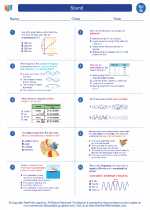 Sound
Sound  Worksheet/Answer key
Worksheet/Answer key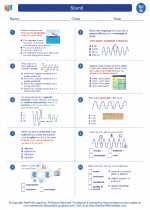 Sound
Sound  Worksheet/Answer key
Worksheet/Answer key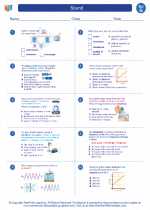 Sound
Sound  Vocabulary/Answer key
Vocabulary/Answer key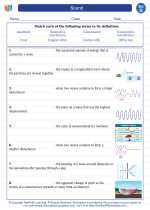 Sound
Sound  Vocabulary/Answer key
Vocabulary/Answer key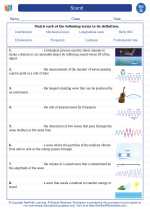 Sound
Sound  Vocabulary/Answer key
Vocabulary/Answer key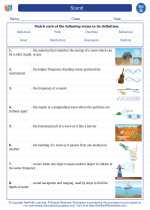 Sound
Sound  Vocabulary/Answer key
Vocabulary/Answer key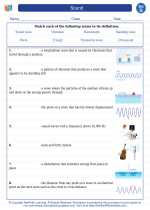 Sound
Sound 

 Worksheet/Answer key
Worksheet/Answer key
 Worksheet/Answer key
Worksheet/Answer key
 Vocabulary/Answer key
Vocabulary/Answer key
 Vocabulary/Answer key
Vocabulary/Answer key
 Vocabulary/Answer key
Vocabulary/Answer key
 Vocabulary/Answer key
Vocabulary/Answer key

The resources above cover the following skills:
Skills and Processes: Students will demonstrate the thinking and acting inherent in the practice of science.
Applying Evidence and Reasoning: Review data from a simple experiment, summarize the data, and construct a logical argument about the cause-and-effect relationships in the experiment.
Describe the reasoning that lead to the interpretation of data and conclusions drawn.